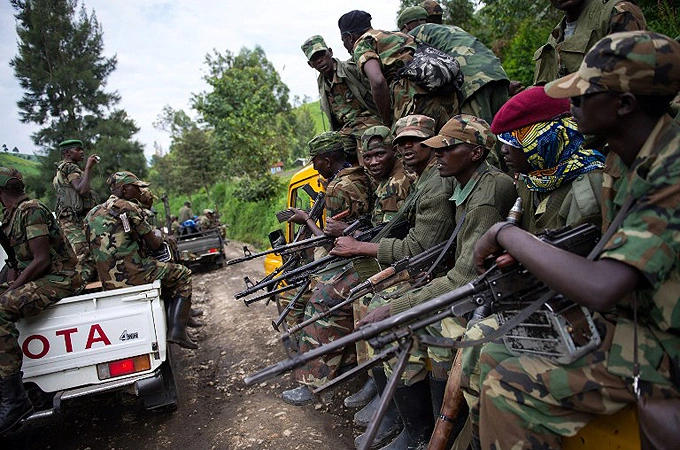
The M23 was formed in 2012, claiming to defend the interests of Congolese Tutsis
President Kagame had discussions on the Congolese crisis with the US Secretary of State Antony Blinken, but differences in understanding of the issue remain.
“Had a productive conversation with Rwandan President Paul Kagame to underscore the need for peace and security in eastern DRC. The United States urges Rwanda to honor commitments made in Luanda, including ending Rwanda’s support to M23”, said Antony Blinken via twitter.
“The wrong and misguided approach of the international community continues to exacerbate the problem. External interference and dictates in regional and continental efforts that serve to shield DRC from accountability and emboldens them to be unresponsive to commitments made through ongoing processes”, reacted Vincent Biruta, the Rwandan Ministry of Foreign affairs.
“M23 should not be equated to Rwanda. It is not Rwanda’s problem to solve. The security concerns of Rwanda need to be addressed, and where others may not feel obliged to, Rwanda is and will continue to do so”, Minister Vincent Biruta added.
DR Congo has repeatedly accused Rwanda of backing the rebels. Rwanda denies the charges and counters that DR Congo works with the Forces for the Liberation of Rwanda (FDLR), a notorious Hutu rebel movement involved in the 1994 genocide of Tutsis, which Kinshasa also denies.
The M23 was formed in 2012, claiming to defend the interests of Congolese Tutsis. The Congolese rebel group seized Goma, the largest city in DR Congo’s east, the same year.
The group resumed fighting in late 2021 after lying dormant for years, accusing the government of having failed to honour a peace deal signed in 2013. (End)
